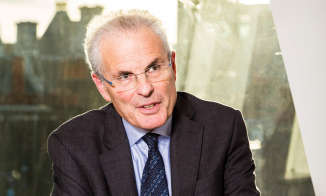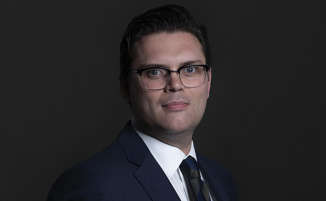Cash-rich funders; conflict-free boutiques; class actions aplenty. While some predict another economic downturn on the horizon, providing an uptick in conventional litigation work, these themes have defined the more eye-catching disputes of the past year. Add to the mix an increase in cyber-related litigation and accusations of fraud and regulatory missteps against some of the leading firms’ key institutional clients, and a kinetic disputes scene emerges.
Many of these developments are US imports, particularly class actions and a more aggressive approach to accusations of fraud. These US-style claims are often being pursued by disputes boutiques increasingly allying themselves with external funders. As a result, the stranglehold City bluebloods have over big-ticket litigation has loosened, while some feel only two or three of the smaller players are of sufficient quality to cause real disruption (see our boutiques report). Continue reading “Perfect storms – Cases of the year”














